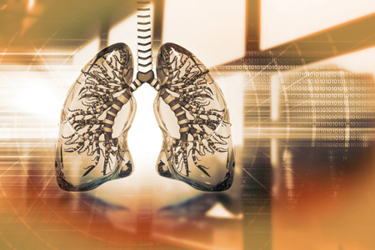Phenotypic Characterization Of Bleomycin-Induced Pulmonary Fibrosis Model In Mice
By Rashmi Munshi, Savanh Chanthaphavong, Donovan Unks, Linh P. Nguyen, Malavika Ghosh, Aragen Bioscience, Inc., Morgan Hill, CA, USA

Idiopathic pulmonary fibrosis (IPF) is a progressive, irreversible, and ultimately fatal lung disease characterized by excessive scarring and thickening of pulmonary tissue, which leads to a gradual decline in respiratory function and eventual respiratory failure. Although antifibrotic agents such as pirfenidone and nintedanib have been approved in multiple countries and provide clinical benefit by slowing disease progression, IPF continues to represent a major unmet medical need, with limited treatment options and no cure.
Preclinical modeling plays a critical role in the search for new therapeutics. Among these, the bleomycin-induced pulmonary fibrosis model has proven especially valuable across multiple species, with rodent models being most widely used. This model enables the evaluation of both prophylactic and therapeutic interventions for IPF. In our studies, strong correlations have been demonstrated between in-life lung function parameters and histopathological findings when benchmarked against standard-of-care drugs.
To gain deeper biological insight, lung injury in this model has been further characterized through cellular phenotyping, gene expression analysis, and cytokine profiling. Collectively, these data reinforce the relevance and translational utility of the bleomycin model as a robust platform for the preclinical assessment of novel anti-fibrotic agents.
Get unlimited access to:
Enter your credentials below to log in. Not yet a member of Pharmaceutical Online? Subscribe today.
